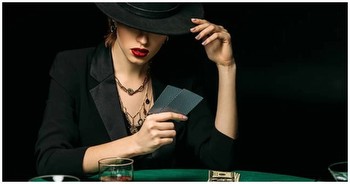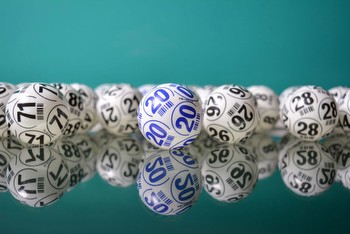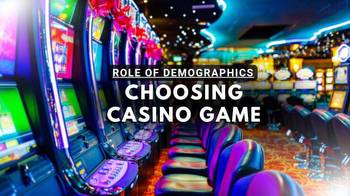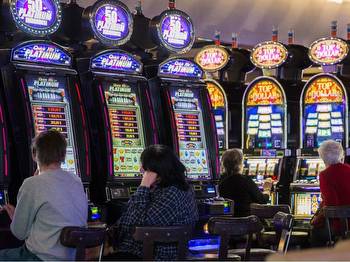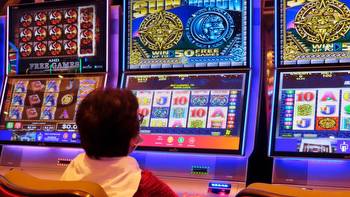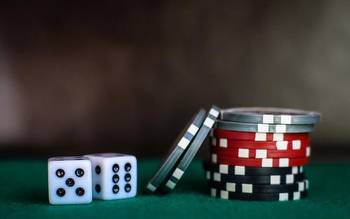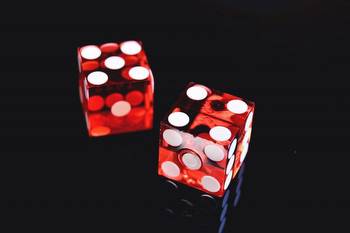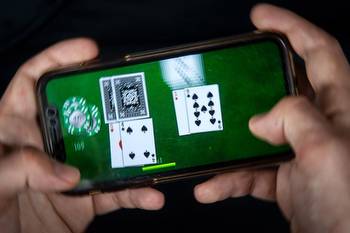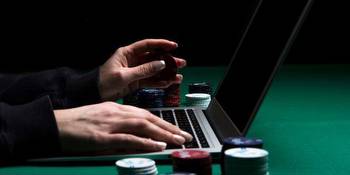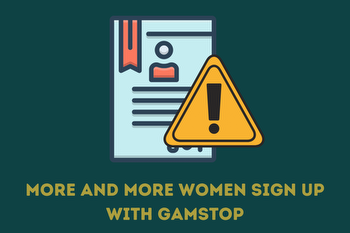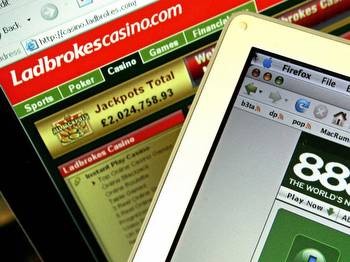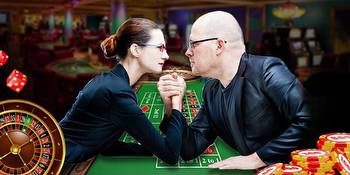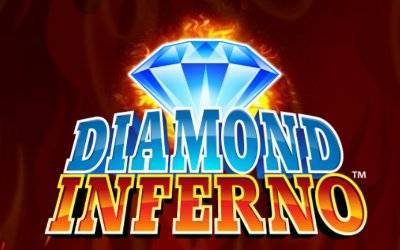Why are 70%-85% of bingo players female?
Video game demographics have been a hot topic in recent years – in an industry where most video games are catered almost exclusively to a young male audience, a lot of people have been asking what’s going on. While this is a very important question which needs to be asked of the game studios and developers in the name of a fairer, more equal industry, we wanted to take a look at a specific game in a similar industry with the opposite problem – namely, bingo.
Unlike the videogame community which is actually roughly 50-50 between male and female consumers, bingo is still rather heavily favoured by the female population. In fact, roughly 70-85% of bingo players in the world are female. Why is this – is this stereotyping taken to the extreme or is there something about the game which appeals to women more than men?
Bingo, unlike other casino games, is one of those games which is particularly useful in an educational setting. When played with kids of a young age, there isn’t much of a delineation between who enjoys the game. Using bingo to reinforce vocabulary or ideas is a great tool in any savvy primary school teacher’s belt – if you tell a room of 10 year olds that you’re going to play bingo in the middle of class, they’re probably going to cheer. On the other hand, if you tell a class of 15-18 year olds, you’re more likely to be met with a groan. This is largely due to the long-standing stereotype that bingo is a game played exclusively by elderly women. In reality, the average bingo player, while female, fits in the 18-35 age bracket.
The problem with this stereotype is that it’s self-perpetuating. By telling men that it’s a women’s game, they’re likely to walk away for fear of ridicule from their male friends. By telling women it’s a women’s game, you’re more likely to garner interest from the community – this will naturally skew the demographics wildly in favour of a mostly-female gamer base.
This isn’t entirely sterotype-based however, as you see the same high level of female gamers playing bingo in various countries around the world.There is actually scientific evidence to suggest that most women will take to bingo over high-risk games like high stakes poker or roulette. There have been multiple studies over the years showing that male and female brain chemistry works in different ways, with different people opting for similar choices based primarily on gender. The low buy-ins and low risk seen in bingo have been proven to appeal more to the brain chemistry seen most often in the female population. This isn’t to say that women don’t like high stakes poker – just that given a choice between a high risk game and a low risk game, the majority of women will likely favour the low stakes game.
There’s also the added factor of bingo being a highly sociable game. The idea of a playing a game in a large hall where you can meet a lot of new people isn’t one which tends to appeal to the male population – especially when they think that they’re going to be the only man in a room full of several hundred people. Nobody likes being the odd one out. As a result of this mostly-female demographic, most bingo marketers have gone to great lengths to keep most bingo halls catered to an almost exclusively female audience. This takes us full circle to the problems of stereotypes stopping people from trying something new.
This is less of a problem when you play bingo online, as seen by the massive boom in online bingo in the UK. While the bingo calls of old are still popular, they are beginning to see a bit of a rehaul for the modern age. With the realisation that bingo is actually a fairly complicated game, where skill, statistics and strategy matter just as much as they do in any other casino game, more and more men are being drawn to the game. While we’re at a 70-85% female gamer base in the world of bingo at the moment, you can’t help but wonder how long it will take for this to equal itself out.








